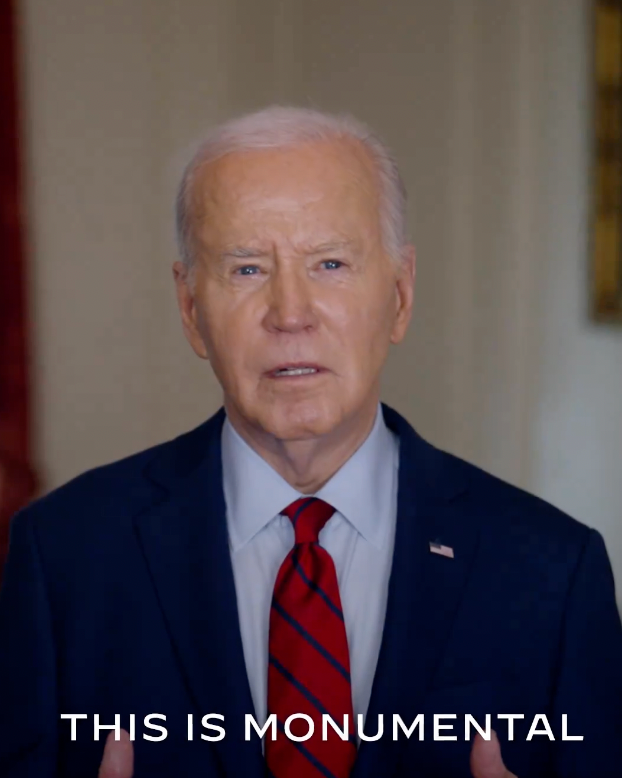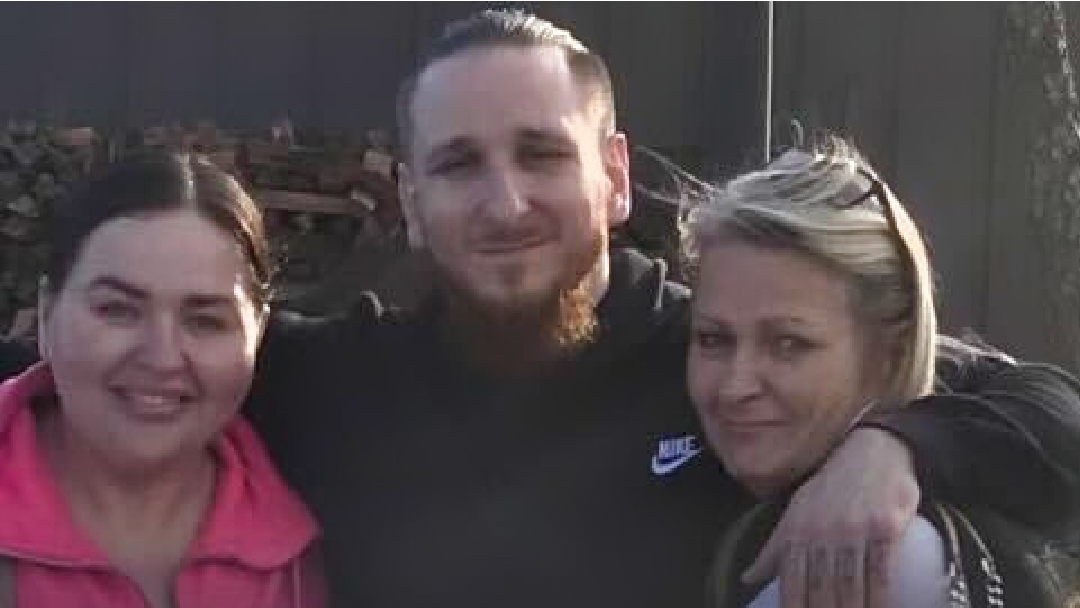REPORT FROM INSIDE ANGOLA PRISON PAINTS A TROUBLING PICTURE AS CORONAVIRUS GRIPS LOUISIANA
In 2008, Fate Winslow was sentenced to LIFE without parole for selling $20 worth of cannabis. At the time, Fate was without permanent housing and was simply looking to survive. At his trial, Winslow’s life sentence was determined swiftly. After only an hour of deliberation, 10 white jurors voted guilty, while the two black jurors voted not guilty. Earlier this year, the prosecutor in his case was fired over alleged dishonesty, but Fate remains incarcerated and now as the coronavirus is infecting Louisiana prisons, he is at risk of dying before getting the justice he deserves.
In an
“They don’t know anything more than we do. Everytime you look up, one of the people that work here is sick,” he said. “They rushed one of the kitchen workers out of the kitchen a few days ago, so I am very scared to go to the kitchen.”
A few weeks ago, an illness swept through the prison. “We aren’t sure what it was, but I thought I was going to die. I felt so bad when I had it,” Winslow said. “Just last night, an inmate was taken out by an ambulance team. I’m not sure what was wrong with him, but the guards refused to come inside the dorm to punch the time clock until he was taken out of the dorm.”
Earlier this week, guards started wearing face masks—a luxury not extended to prisoners. “Today all the guards showed up to work with masks on to protect themselves from us, when it is us that needs protection from them,” Winslow writes. “We are not the ones that go in and out of the prison, but we’re being treated like we are the infected.”
Compounding the hopelessness of his situation is the fact that items from the commissary that might help him stay healthy are completely beyond reach on his salary. He makes 2 cents an hour, or 80 cents a week, cleaning the dorms. He can’t afford to buy bottled water at the canteen, and has to use the water fountain—even though he says the guards have been instructed not to. He says a call to a doctor costs $3, and if it’s an emergency, it costs $6. A very small bottle of vapor rub is $6. Cough drops are $2. A small orange juice is $1.56.
“Everything is really about a dollar,” Winslow said. “If you don’t have outside support, it’s really hard to survive.”
Thanks to our supporters Fate received emergency relief funding for his commissary through LPP's Covid-19 response fund.
To donate or to find out other ways you can support our incarcerated constituents during this crisis go to lastprisonerproject.org/covid-19.



The Last Prisoner Project. All rights reserved.
Last Prisoner Project is a 501(c)(3) tax-exempt organization with EIN 83-4502829. Mailing address: 1312 17th St #640 Denver, CO 80202. Our governing documents and conflicts of interest policy can be found here. Our Privacy Policy can be found here.
Website built on KUSHY




